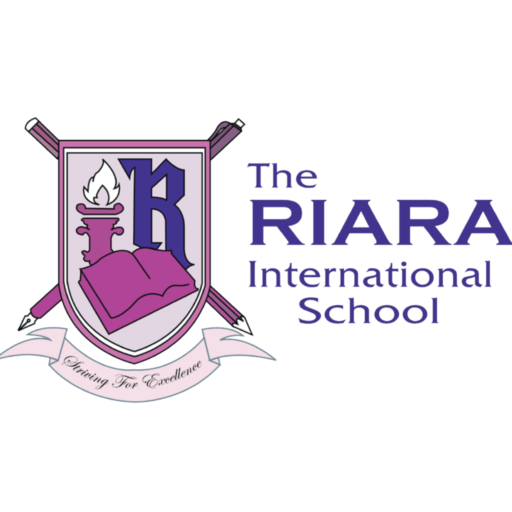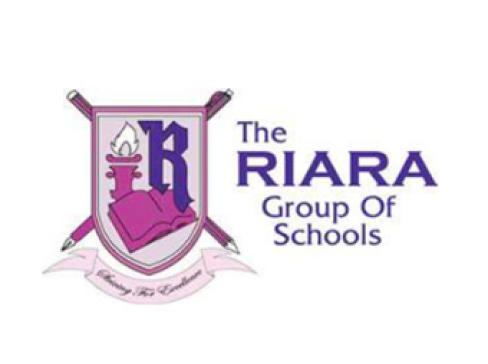Our Curriculum
- Cambridge Assessment International Education (CAIE) Curriculum
- Learner Attributes & School Pillars
- Assessment
- Key Stages
AIMS AND OBJECTIVES
CAMBRIDGE ASSESSMENT INTERNATIONAL EDUCATION (CAIE) CURRICULUM
- Cambridge Education gives students the skills they need for life, helping them achieve at school, university and work. The Cambridge international curriculum sets a global standard for education, and is recognised by universities and employers worldwide. Our curriculum is flexible, challenging and inspiring, culturally sensitive yet international in approach. Cambridge students develop an informed curiosity and a lasting passion for learning. They also gain the essential skills they need for success at university and in their future careers.
- Our Cambridge Pathway is for students aged 5 to 19. Its wide range of subjects and flexibility gives schools the chance to shape the curriculum so that it is exciting and relevant for their own students.
- Cambridge Pathway students have the chance to acquire the knowledge and skills they need to achieve at school, university and beyond.
- The four stages lead seamlessly from primary to secondary and pre-university years. Each stage – Cambridge Primary, Cambridge Lower Secondary, Cambridge Upper Secondaryand Cambridge Advanced – builds on the learners’ development from the previous one, but can also be offered separately.
- Cambridge Primary starts learners on an exciting educational journey. Typically for 5 to 11 year olds, it provides a strong foundation for students at the beginning of their schooling before progressing through the Cambridge Pathway in an age-appropriate way.
- By offering Cambridge Primary, we provide a broad and balanced education for your learners, helping them to thrive throughout their schooling, work and life. With ten subjects to choose from, including English, mathematics and science, your child will find plenty of opportunities to develop creativity, expression and wellbeing in a variety of ways.
- Cambridge Lower Secondary is typically for learners aged 11 to 14 years. It helps you prepare students for the next step of their education, providing a clear path as they progress through the Cambridge Pathway in an age-appropriate way.
- Cambridge Upper Secondary is typically for learners aged 14 to 16 years. It offers learners two routes: Cambridge IGCSEand Cambridge O Level.
- Cambridge Upper Secondary builds on the foundations of Cambridge Lower Secondary, although learners do not need to complete that stage before this one.
Cognitive skills CAIE
- Information –Processing skills
- Reasoning skills
- Enquiring Skills
- Creative thinking skills
- Evaluation skills
THE CAMBRIDGE LEARNER
Attributes
The Cambridge has five learner attributes: confident, responsible, reflective, innovative, and engaged.
These attributes have been an increasingly visible design principle in the curricula of thousands of Cambridge schools worldwide.
Confident
Confident in working with information and ideas – their own and those of others. Cambridge learners are confident, secure in their knowledge, unwilling to take things for granted and ready to take intellectual risks. They are keen to explore and evaluate ideas and arguments in a structured, critical and analytical way. They are able to communicate and defend views and opinions as well as respect those of others.
Responsible
Responsible for themselves, responsive to and respectful of others. Cambridge learners take ownership of their learning, set targets and insist on intellectual integrity. They are collaborative and supportive. They understand that their actions have impacts on others and on the environment. They appreciate the importance of culture, context and community.
Reflective
Reflective as learners, developing their ability to learn. Cambridge learners understand themselves as learners. They are concerned with the processes as well as the products of their learning and develop the awareness and strategies to be life-long learners.
Innovative
Innovative and equipped for new and future challenges. Cambridge learners welcome new challenges and meet them resourcefully, creatively and imaginatively. They are capable of applying their knowledge and understanding to solve new and unfamiliar problems. They can adapt flexibly to new situations requiring new ways of thinking.
Engaged
Engaged intellectually and socially, ready to make a difference. Cambridge learners are alive with curiosity, embody a spirit of enquiry and want to dig more deeply. They are keen to learn new skills and are receptive to new ideas. They work well independently but also with others. They are equipped to participate constructively in society and the economy – locally, nationally and globally
THE RIARA INTERNATIONAL SCHOOL PILLARS
- Communication and confidence
- Reading
- Value development (Family model)
Assessment
Classroom Assessment
We assess subjects in the classroom through discussion, observation and lesson outputs. In term one we offer formative assessment and in terms two and three we offer summative assessments.
Cambridge Progression Tests
We use Cambridge Primary Progression Tests as internal assessments to check learners’ knowledge, skills and understanding. Our teachers mark the core subject which includes English as a first or second language, mathematics and science.
Cambridge Checkpoint
Cambridge Primary Checkpoint monitors individual and group performance at the end of the primary programme. These external tests are marked by Cambridge International.
The Key Stages
| Year Group | Age | Key Stage |
| Pre-School | 3-4 years | Foundation Stage |
| Reception | 4-5 years | |
| Year 1 | 5-6 years | Key Stage 1 |
| Year 2 | 6-7 years | |
| Year 3 | 7-8 years | Key Stage 2 |
| Year 4 | 8-9 years | |
| Year 5 | 9-10 years | |
| Year 6 | 10-11 years | |
| Year 7 | 11-12 years | Key Stage 3 |
| Year 8 | 12-13 years | |
| Year 9 | 13-14 years | |
| Year 10 | 14-15 years | Key Stage 4 |
| Year 11 | 15-16 years |
OUR SCHOOL
Subjects Offered
RIS endeavours to provide a broad based approach to give learners as many relevant experiences as possible.
RIS is a family school where the ‘hidden’ curriculum is of equal importance.
Teachers combine individual and group teaching depending on the needs of the learners and the subject matter.
Mathematics
Science
English
Global perspective
Geography
History
Kiswahili
French
ICT Starters
Drama
Art & Design
Music
Physical Education (P.E.)
Swimming
Sports


